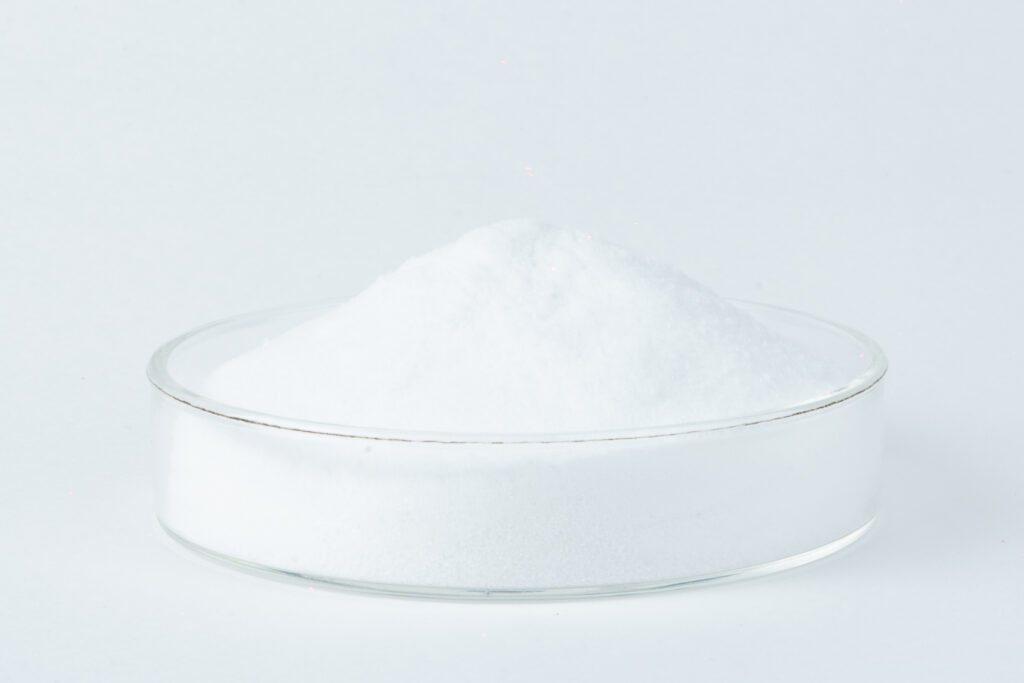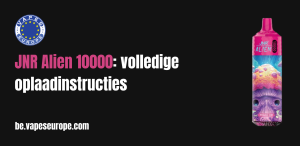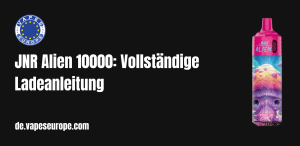Concrete finishing is a critical aspect of construction, impacting the durability, appearance, and performance of concrete structures. Traditional finishing methods have served well over the years, but advancements in materials science have introduced new solutions that offer enhanced benefits.
One such material gaining popularity in modern concrete finishing is sodium silicate. As a critical component in improving concrete surfaces, sodium silicate is revolutionizing the industry.
In this blog, we will explore the role of sodium silicate in concrete finishing, its benefits, and how it is applied to achieve superior results.
Understanding Concrete Finishing
Concrete finishing involves a series of processes that refine the surface of freshly poured concrete. The goal is to achieve a smooth, durable, and aesthetically pleasing surface. Traditional methods include troweling, floating, and curing, but these can sometimes need to catch up to meet the growing demands of modern construction. Issues such as surface dusting, wear and tear, and chemical resistance are common challenges. This is where sodium silicate comes into play, offering solutions to these problems and more.
What is Sodium Silicate?
Sodium silicate (Na2SiO3) is a chemical that is also referred to as water glass. It is available in liquid and powder forms and is made up of silica (SiO2) and sodium oxide (Na2O). Historically, sodium silicate has been used in a range of applications, from adhesives to water treatment. Its versatility and beneficial properties have now found a place in concrete finishing. When applied to concrete surfaces, sodium silicate reacts chemically to form a hard, durable layer, significantly improving the concrete’s overall performance.
How Sodium Silicate Enhances Concrete Durability
The primary way that sodium silicate improves concrete is by forming calcium silicate hydrate (CSH) when it reacts with the calcium hydroxide present in the concrete. An increasingly robust and dense surface layer is created as a result of this chemical reaction. Sodium silicate penetrates deep into the concrete, filling pores and capillaries. This reduces porosity, making the concrete more resistant to water, chemicals, and abrasion. The result is a surface that is significantly more durable and longer-lasting than untreated concrete.
Applications of Sodium Silicate in Concrete Finishing
Sodium silicate can be used in various concrete finishing applications to achieve different benefits.
Surface Sealing: Sodium silicate acts as an excellent sealer, protecting concrete surfaces from water infiltration, chemical spills, and wear. This makes it ideal for industrial and commercial floors where durability is crucial.
Dust-proofing: By reducing surface dusting, sodium silicate improves cleanliness and air quality in environments such as warehouses and factories.
Enhancing Appearance: The smooth, glossy texture of surfaces treated with sodium silicate improves the visual appeal of concrete floors. It is, therefore, a well-liked option for applications involving ornamental concrete.
Benefits of Using Sodium Silicate in Concrete Finishing
Using sodium silicate in concrete finishing offers several key benefits: Longevity: Treated surfaces last longer due to increased resistance to wear, chemicals, and weathering. This extends the lifespan of concrete floors and reduces the need for frequent repairs.
Cost-effectiveness: The long-term savings in maintenance and replacement expenses make sodium silicate treatment a cost-effective approach, even though the initial expenditure may be larger than with traditional therapies.
Environmental Benefits: Sodium silicate is a low-VOC (volatile organic compound) material, making it an environmentally friendly option. Its durability also means less frequent replacements, contributing to sustainability.
Improved Aesthetics: The smooth, glossy finish provided by sodium silicate enhances the visual appeal of concrete floors, making them suitable for both functional and decorative purposes.
Comparing Sodium Silicate with Other Concrete Finishing Agents
When compared to traditional concrete sealers and hardeners, sodium silicate stands out for several reasons: Performance: Sodium silicate provides superior hardness and durability compared to epoxy and polyurethane sealers. Its ability to penetrate deeply into the concrete ensures long-lasting protection.
Environmental Impact: Sodium silicate has a lower environmental impact due to its low VOC content and long-lasting nature.
Cost-Benefit Analysis: While other sealers may have lower upfront costs, the longevity and reduced maintenance needs of sodium silicate-treated surfaces offer more significant long-term savings.
Application Techniques for Sodium Silicate in Concrete Finishing
To achieve optimal results with sodium silicate, proper application techniques are essential: Surface Preparation: Clean and repair the concrete surface to remove any dirt, grease, or loose particles. This ensures better penetration and bonding of the sodium silicate.
Application Methods: Sodium silicate can be applied using sprayers, brushes, or rollers. The choice of method depends on the size and nature of the surface being treated.
Best Practices: Apply the solution evenly and allow adequate time for it to react and penetrate the surface. Multiple coats may be necessary for optimal results.
Safety Considerations: Handle sodium silicate with care, using appropriate protective equipment. Store it properly to maintain its effectiveness.
Future Trends in Sodium Silicate-Based Concrete Finishing
The future of sodium silicate in concrete finishing looks promising, with ongoing innovations and market trends pointing towards increased adoption. Technological Advancements: New formulations and application methods are being developed further to enhance the performance of sodium silicate in concrete finishing.
Market Trends: Sodium silicate-based solutions are becoming more and more popular due to consumer desire for long-lasting, low-maintenance, and ecologically friendly building materials.
Future Applications: Emerging uses in decorative concrete, industrial flooring, and infrastructure projects are expanding the scope of sodium silicate in construction.
Conclusion
Sodium silicate is playing a transformative role in modern concrete finishing techniques. As a sodium silicate manufacturer and supplier, Noble Alchem sodium silicate manufacturer is at the forefront of this innovation, providing high-quality sodium silicate powder and solutions that enhance the durability, appearance, and longevity of concrete surfaces. By incorporating sodium silicate into your concrete finishing projects, you can achieve superior results that meet the demands of today’s construction industry. For more information and expert advice, reach out to Noble Alchem, your trusted sodium silicate supplier.







